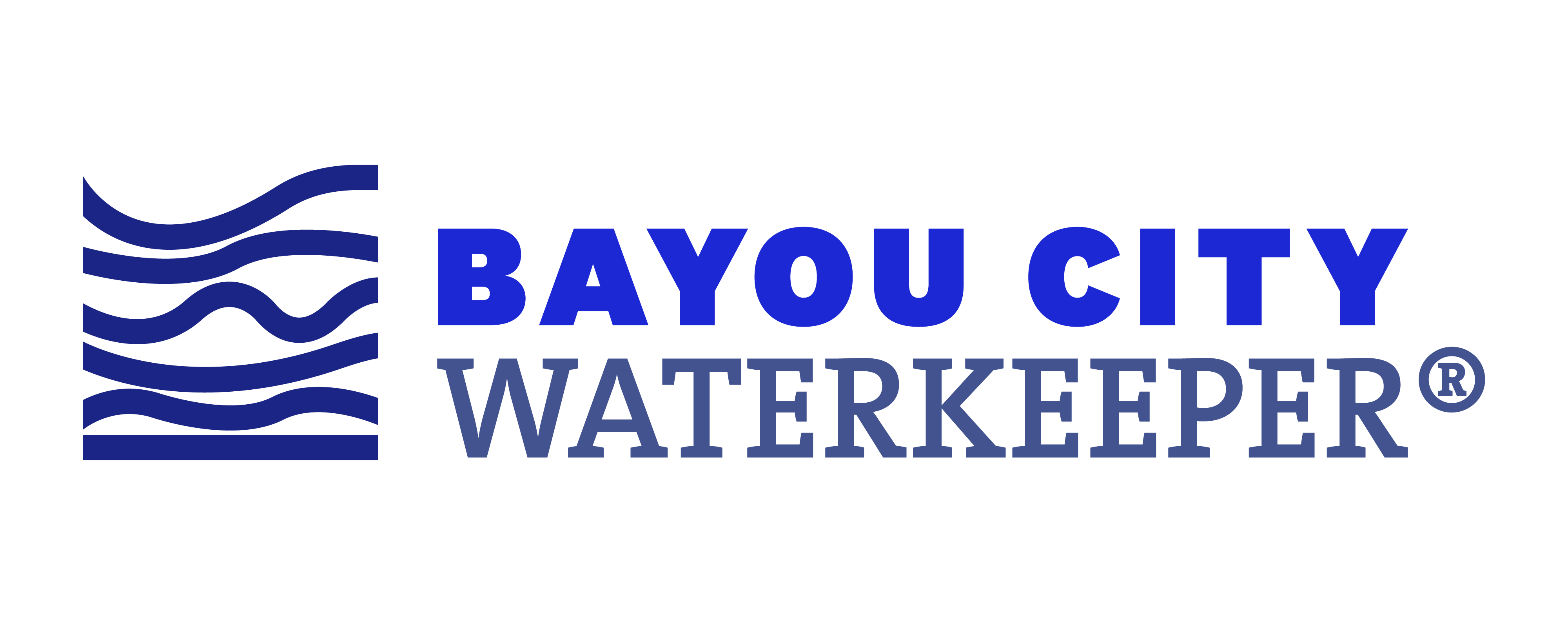On October 18, 2023 our Water Justice Organizer Kourtney Revels shared Testimony for the U.S. Senate Committee on Environment and Public Works examining the implications of Sackett v. U.S. Environmental Protection Agency for Clean Water Act Protections of Wetlands and Streams.
Read Kourtney’s testimony below.
Thank you Chairman Carper and Ranking Member Capito for hosting this hearing to examine the implications of Sackett v. Environmental Protection Agency for the Clean Water Act’s protection of wetlands and streams.
My name is Kourtney Revels, Water Justice Organizer for Bayou City Waterkeeper, and a lifelong resident of Houston, TX. BCWK is a Houston-based organization that serves the lower Galveston Bay watershed, a 10-county region that encompasses greater Houston, with a focus on improving water quality, wetlands protection, and flood mitigation across our region while emphasizing climate resilience and environmental justice. I am also a member of the Northeast Action Collective, which organizes for drainage equity in northeast Houston.
My role within Bayou City Waterkeeper is to help organize community members and help shed light on experiences in communities most vulnerable to impacts of water pollution, system failures, under investment, and wetland development, like the one that I live in, in NE Houston.
Water justice is a personal issue for me. In my community in northeast Houston, I have experienced recurring flooding in the ditches, near my home, and my daughters school in smaller rain events as well as larger disasters. We are on the frontlines of more flooding related to climate changes. I am determined to fight for my community and make it safe for my daughter. My journey in advocacy has been deeply rooted in the quest for flood mitigation, infrastructure enhancement, increasing community engagement, and bolstering community resilience.
In Houston, our watershed is home to some of the most unique and diverse wetlands in the world. These wetlands and others provide real services to our communities that often go unnoticed: reduced costs at water treatment plants for filtering and purifying our drinking water, as well as soaking in and storing flood waters during heavy rain events. With climate change heightening the pressure on our infrastructure, the functions performed by healthy natural water systems are even more critical.
Many of these wetlands do not directly border, nor do they have continuous surface connections to, another jurisdictional water, and so they no longer qualify as “waters of the United States.” The impact of less protective federal regulations will likely hit frontline communities, like mine, hardest. When we pave over wetlands, floodwaters that would normally be stored in soils flow quickly to communities downstream, if onsite mitigation is inadequate. This strains our infrastructure and exacerbates flooding that disproportionately impacts Black and lower-income neighborhoods. To make matters worse, this water is often polluted, not only from industrial waste but also from sewer overflows during rain events — spewing untreated sewage into our neighborhoods, homes and waterways. At least one in ten sewage overflow events can be
attributed to wet weather.
This decision emphasizes the need for local and regional policy solutions and investment that can preserve large ecosystems as a means of flood and climate protection. As our region grapples with how to address increasingly larger and more intense storms and rising sea levels, protecting our remaining wetland areas at the highest risk of loss due to development and other reasons, becomes ever more important. Aging systems, ill-equipped to cope with the surge in demand and the impact of extreme weather events, put immense strain on our communities and. The most distressing aspect is that these burdens disproportionately fall on marginalized communities, including Black, Brown, and Indigenous populations, who lack the resources and political representation to address these issues effectively.
Houston is emblematic of the struggle against climate change-induced storm flooding. I’ve witnessed firsthand the devastating impact of these issues. The greater Houston region has repeatedly experienced floods and storm surges, including 2017’s Hurricane Harvey that caused more than 100 deaths and $125 billion in damage.
Today, I lift up the urgency of protecting wetlands not just as an issue of water conservation, or water protection but also flood equity and ultimately as environmental justice. Together with local organizations and communities, I’m committed to working towards addressing these water justice crises, fostering resilience, and championing equity. However, our collective efforts are integral to forging a more sustainable and just future, where no one is left behind in the face of water-related challenges. We need everyone locally, in states, and here in DC to understand that when we lose clean water act protections, we are facing a water justice crisis.
Thank you for the opportunity to testify today.
